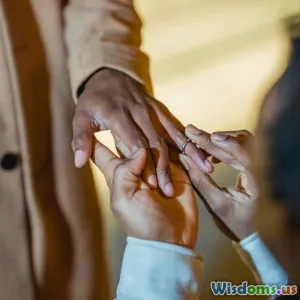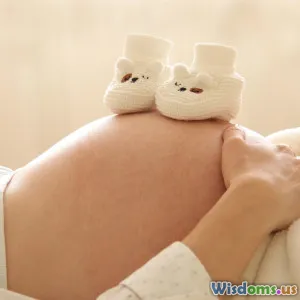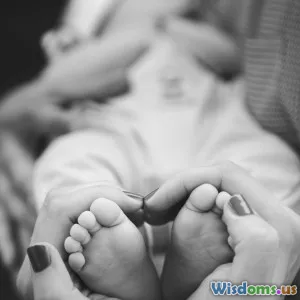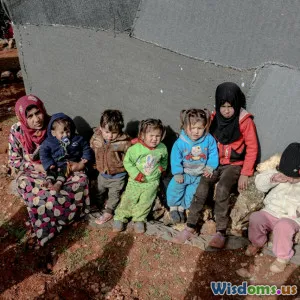
Personal Story: Overcoming A Crisis Made Us Closer
15 min read A heartfelt account of how facing a major life crisis strengthened the bonds within our family and deepened our connection. (0 Reviews)
Personal Story: Overcoming a Crisis Made Us Closer
When adversity upends your world, it’s natural to fear that relationships will shatter under the strain. But sometimes, crisis becomes the crucible that forges stronger bonds—transforming connections in ways you never could have imagined. This is the story of how an unexpected crisis threatened my family, tested every strength and flaw we had, and ultimately knitted us closer together.
The Day Everything Changed

It was a rainy Thursday afternoon when the phone rang with shocking news—my youngest brother, Daniel, had been hospitalized after a serious car accident. In that single moment, my family’s typical daily concerns evaporated, replaced by the raw, single-minded focus of a crisis. The first hours were a blur: hurried calls, frantic packing, and a three-hour drive north to the hospital. I remember the tension in the air as I joined my parents and sister in the waiting room. Each of us sat, hunched and silent, lost in our private anxieties, unsure what to say. Time seemed to expand and contract in that sterile, fluorescent-lit space.
Looking back, I realize how isolated we felt in those early moments. All the little frustrations that had built up among us—the petty arguments and grudges—had little place when faced with the magnitude of the unknown. Our family dynamic, both resilient and flawed, offered its own unique challenges and comforts as we began to navigate this ordeal together.
Crisis Revealed Hidden Fault Lines

Crises don’t just test strength; they expose it. With Daniel fighting for his life, we were each gripped by individual waves of emotion: guilt, fear, anger, hope. My mother alternated between stoic calm and sudden tears, my father retreated into silent problem-solving, and I busied myself with logistics and updates for family friends. My sister, Leila, withdrew, nursing worries none of us could soothe.
It’s easy to judge reactions in retrospect, but under real duress, minor differences become chasms. Small miscommunications and disagreements escalated quickly. I recall snapping at Leila for "not doing anything," while she felt overwhelmed and frozen. My father’s focus on practicalities—insurance, bills—came off as cold detachment, though I now see it as his way to process the chaos.
Research on family dynamics under stress underscores this pattern. According to a study published by the American Psychological Association, families tend to revert to long-established coping mechanisms in times of acute stress—and sometimes, those unsolved issues or communication gaps come to the fore. The first few days were proof: crisis does not manufacture grievances; it magnifies what was already there.
Choosing Support Over Blame

Once it became clear that Daniel’s recovery would be slow and uncertain, a pivotal conversation shifted our approach. After a tense discussion about how to split hospital shifts, my mother simply said, "We’re doing the best we can, each in our own way. Let’s give each other some grace."
That single sentence changed the atmosphere. Gradually, we started to check in—not just on Daniel, but on one another. I asked Leila to go for afternoon walks, and it was there, away from the hospital’s pressure, that she opened up about her fears. My father, relieved of constant decision-making, allowed himself moments of vulnerability for the first time. We realized that our different coping styles weren’t obstacles, but complementary pieces of a larger whole.
For families or teams in crisis, shifting from blame to collective support is essential. Psychologists suggest "stress-buffering" behaviors—showing empathy, validating others’ responses to stress, and offering nonjudgmental listening—as keys to building resilience together. These methods aren’t instinctive, especially amid anxiety, but they can be learned and practiced, as we discovered.
Daily Routines, Shared Resilience
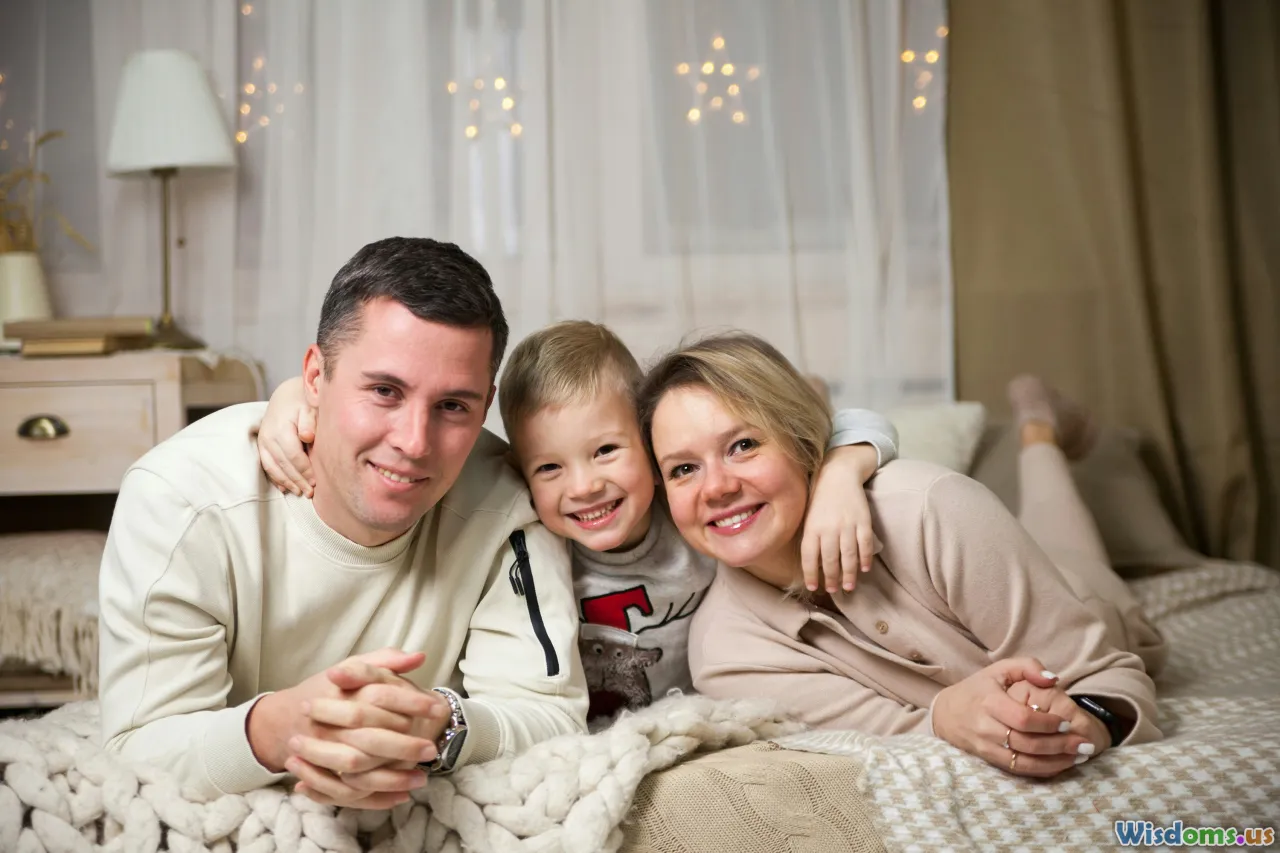
Facing an extended hospital stay, we fell into routines that, in retrospect, became rituals of endurance. Each morning, my father and I brought breakfast from home while my mother slept in. Leila kept a journal for Daniel, tracking each small step in his progress—despite being nonverbal for weeks, he later said it was a comfort to have a tangible record of our presence.
Small acts—organizing Daniel’s favorite playlists, sharing quiet conversation over hospital cafeteria sandwiches, collaborating on meal planning—fostered a sense of purpose that kept despair at bay. We split night shifts unevenly, compensating for exhaustion with spontaneous gestures, like handwritten notes or bringing someone’s favorite snack.
One night, after a particularly trying day, Leila and I couldn’t sleep. We ended up wandering the hospital grounds, sharing stories from childhood that we’d forgotten. The laughter that bubbled up seemed wildly out of place, but for the first time in days, we felt connection, not just tension. These ordinary routines—so starkly different from our previous lives—became the seedlings of renewed relationships.
Clinical observations back this up: Building and sustaining family rituals during crises strengthens emotional bonds and architecture, making a unit more robust against adversity. It is through these small, everyday acts that families can relearn how to stand together.
Honest Communication: The Breakthrough
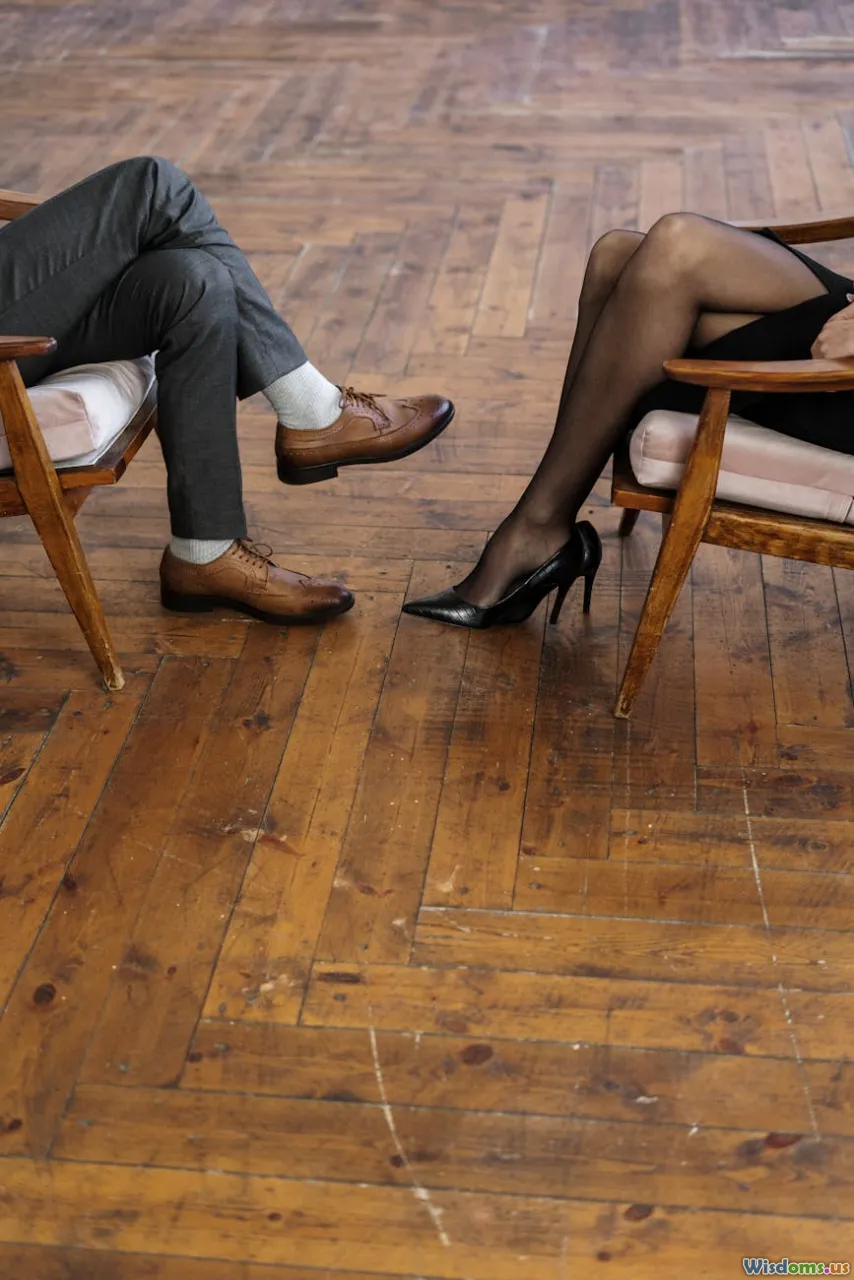
One of the most transformative lessons was the value of clear, honest communication. For years, our family had operated on a code of indirectness—avoiding difficult topics in the hope that time, not talk, would heal all wounds. In the prolonged uncertainty of Daniel’s recovery, silence was no longer sustainable.
After weeks of tension around Daniel’s long-term care, we called a family meeting. This time, we agreed to speak candidly about our worries, hopes, and limitations. Leila expressed her worry about balancing college and caregiving; my father admitted that, beneath his organized exterior, he was terrified of losing his son. My mother voiced her need for emotional support, not just help with errands.
This outpouring allowed us to see each other more completely—not as adversaries or burdens, but as vulnerable, interdependent people. There were tears and raised voices, but also relief. Setbacks still occurred, but the air had cleared. Through honest dialogue, we crafted a shared action plan for Daniel’s care and, perhaps more importantly, for tending our own needs and boundaries.
Experts on crisis management echo this: Open communication fosters collective decision-making and ensures no one person is left to bear the load alone. Having regular, honest check-ins—even if it means confronting uncomfortable truths—can dramatically improve outcomes emotionally and practically.
Caring for Yourself to Care for Others

One common pitfall during crisis is caregiver burnout. Initially, it felt selfish to consider my own needs. How could I step away—even briefly—from Daniel or my grieving parents? Only after I fell ill from stress-induced exhaustion did I see the unsustainability of self-neglect. Leila, too, confided that she’d been plagued by guilt every time she tried to see friends or take time for herself.
Thanks to the intervention of a kind social worker at the hospital, we learned practical steps for self-care without guilt:
- Rotating shifts and setting boundaries: No one person could be "on duty" all the time.
- Scheduled rest and outside support: We intentionally built in rest days and occasionally accepted meals from friends.
- Seeking professional help: Counseling—both individual and group—became part of our routine.
Research by the Family Caregiver Alliance finds that those who prioritize their own health and set limits actually improve outcomes for the family as a whole. Our adoption of self-care wasn’t perfect, but it prevented collapse—and, paradoxically, brought us closer by encouraging honesty and understanding.
Celebrating Progress—Together

As Daniel began making incremental progress—standing on his own, relearning basic skills, cracking small jokes—our sense of unity evolved from survival to shared joy. Every milestone, no matter how seemingly minor, became a reason for collective celebration: homemade cakes in the hospital breakroom, group video calls with distant relatives, or simply lingering in the hallway for an extra hug.
As weeks turned into months, we started reflecting not only on Daniel’s recovery, but also on the shifts that had happened within us. Relatives who had supported us from afar commented on visible changes: kinder tones, more patience, more laughter. We planned post-recovery traditions, vowing to retain the rituals and openness the crisis had nurtured.
Noticing—and commemorating—these positives is critical, experts say. Dr. Froma Walsh, a leading therapist on family resilience, advocates for families to celebrate small victories together, as this builds optimism and strengthens commitment to shared healing.
Insights for Others Facing a Crisis
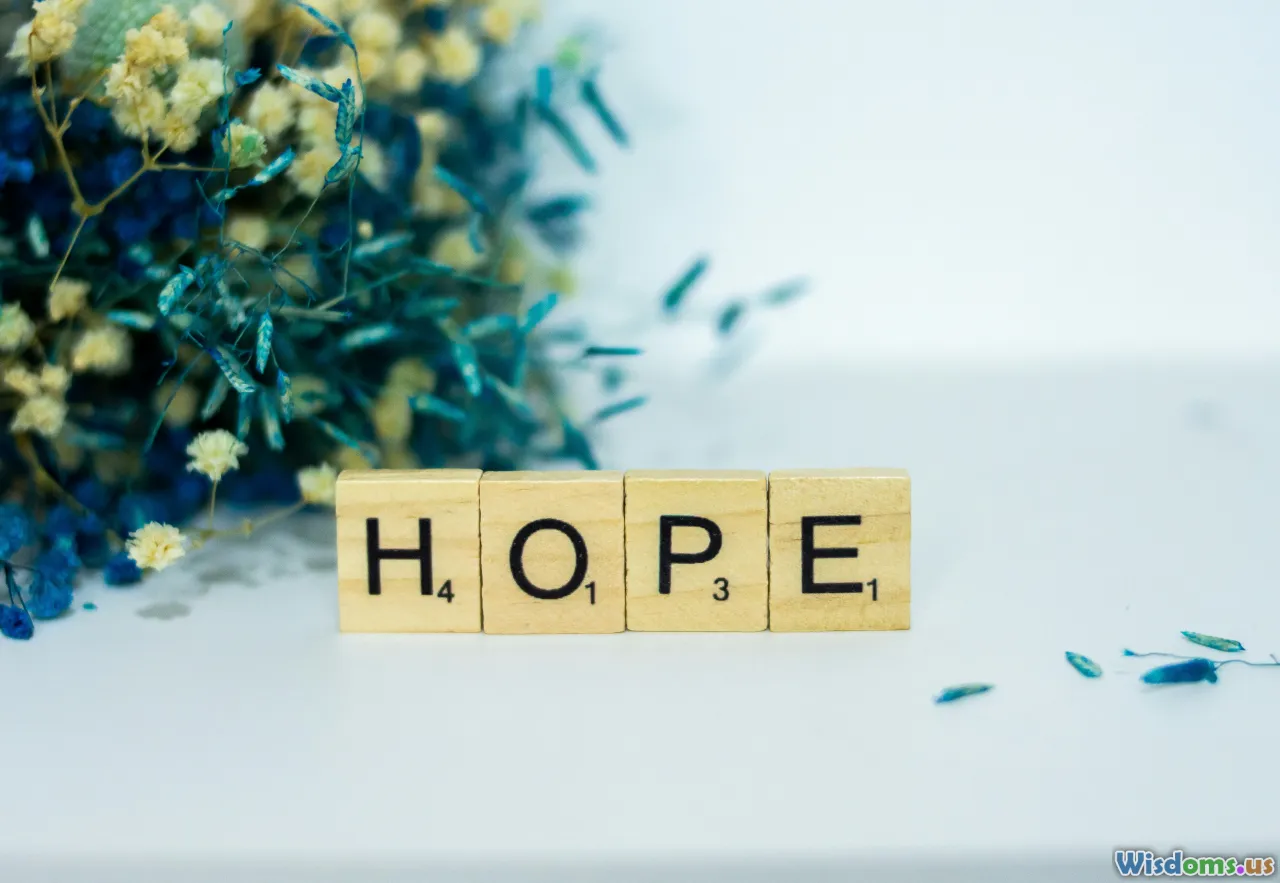
Today, looking back from the other side of that dark tunnel, I see our family’s journey as both a cautionary tale—and a source of hope. If you find yourself amid a crisis, here are hard-won lessons from our experience:
- Prioritize support over blame: Understand that each person processes stress differently. Give grace.
- Adopt regular, honest communication: Regular check-ins, even if brief or fraught, enhance understanding.
- Maintain small routines and rituals: Find comfort and purpose in daily patterns, however disrupted.
- Embrace vulnerability together: Allow for weaknesses to show. Shared hardship breeds intimacy.
- Practice consistent self-care: It isn’t selfish—it’s essential to everyone’s well-being.
- Celebrate small wins: Recognize and honor every step forward together.
These aren’t just platitudes, but tools you can draw on. For some families, crisis can indeed be the start of something new—a more authentic, compassionate way of relating.
Moving Forward—Changed and Closer
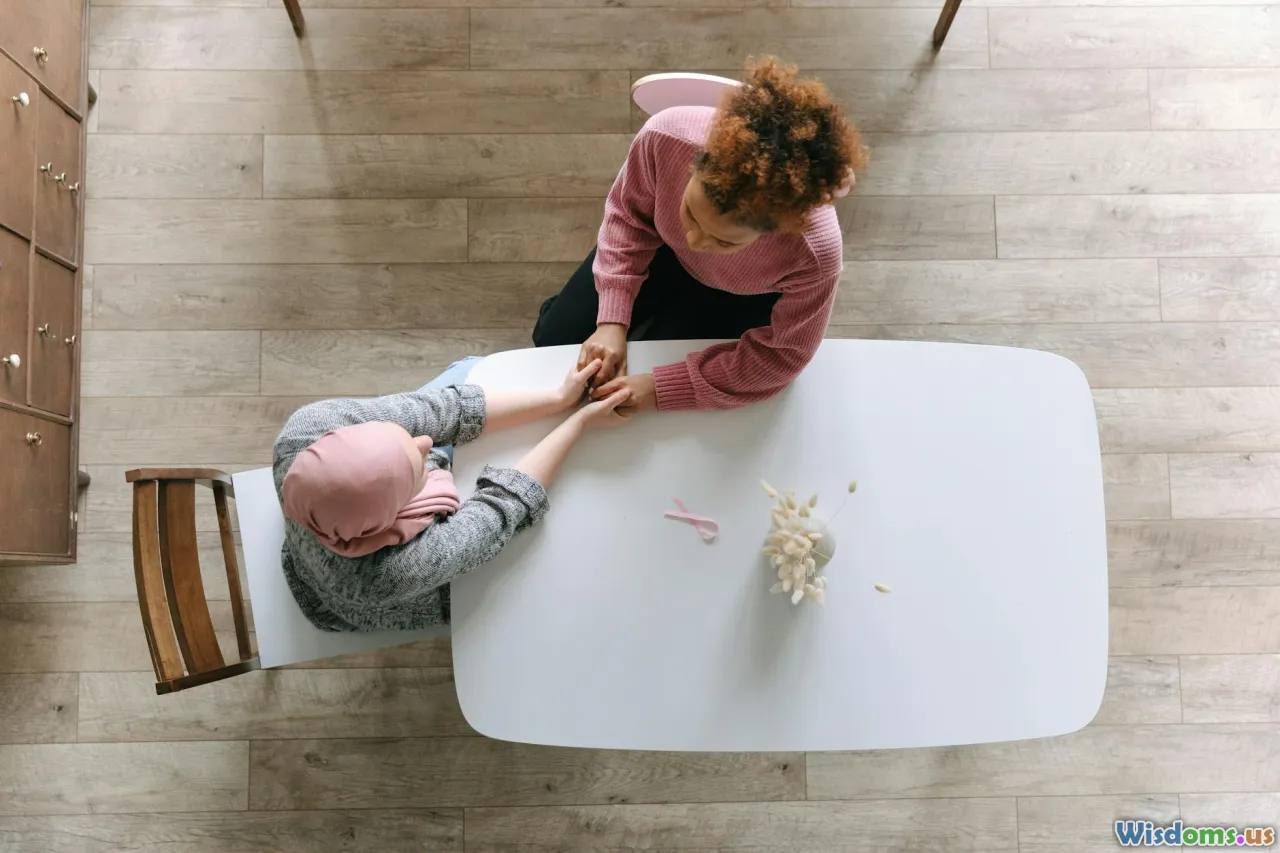
Our family isn’t perfect; we still argue and fall into familiar patterns. But we emerged from crisis with deeper trust, hard-won communication skills, and an appreciation for each other that taps into the profound gratitude adversity can inspire. Daniel’s recovery still shapes us, reminding us daily of what’s truly important.
Crisis will always carry pain. It rearranges priorities, exposes wounds, and asks more of us than we expect. But, if met with openness, empathy, and patience, it can also be the force that creates connection—making us not just survivors, but a stronger, closer family.
Rate the Post
User Reviews
Popular Posts













